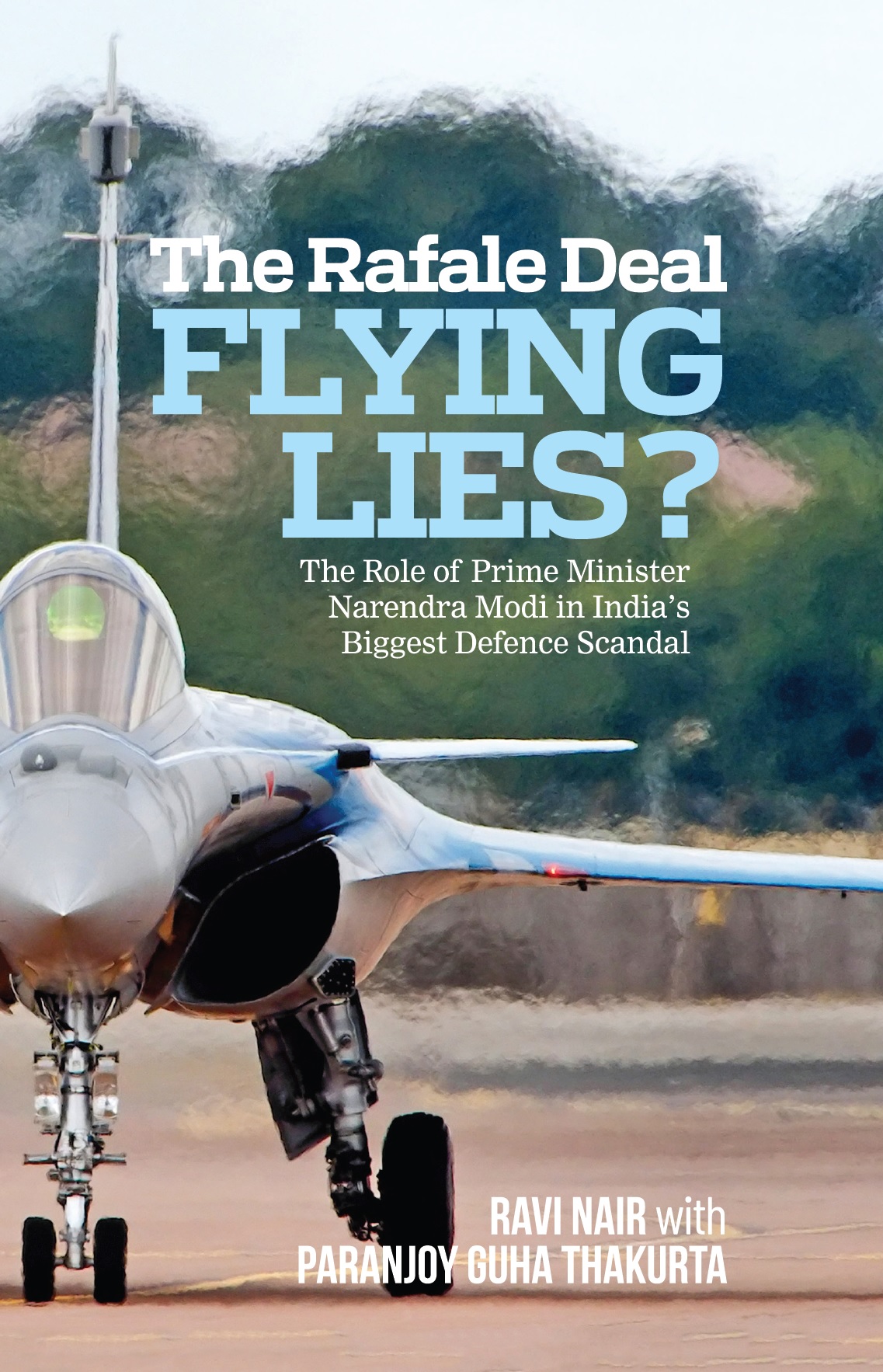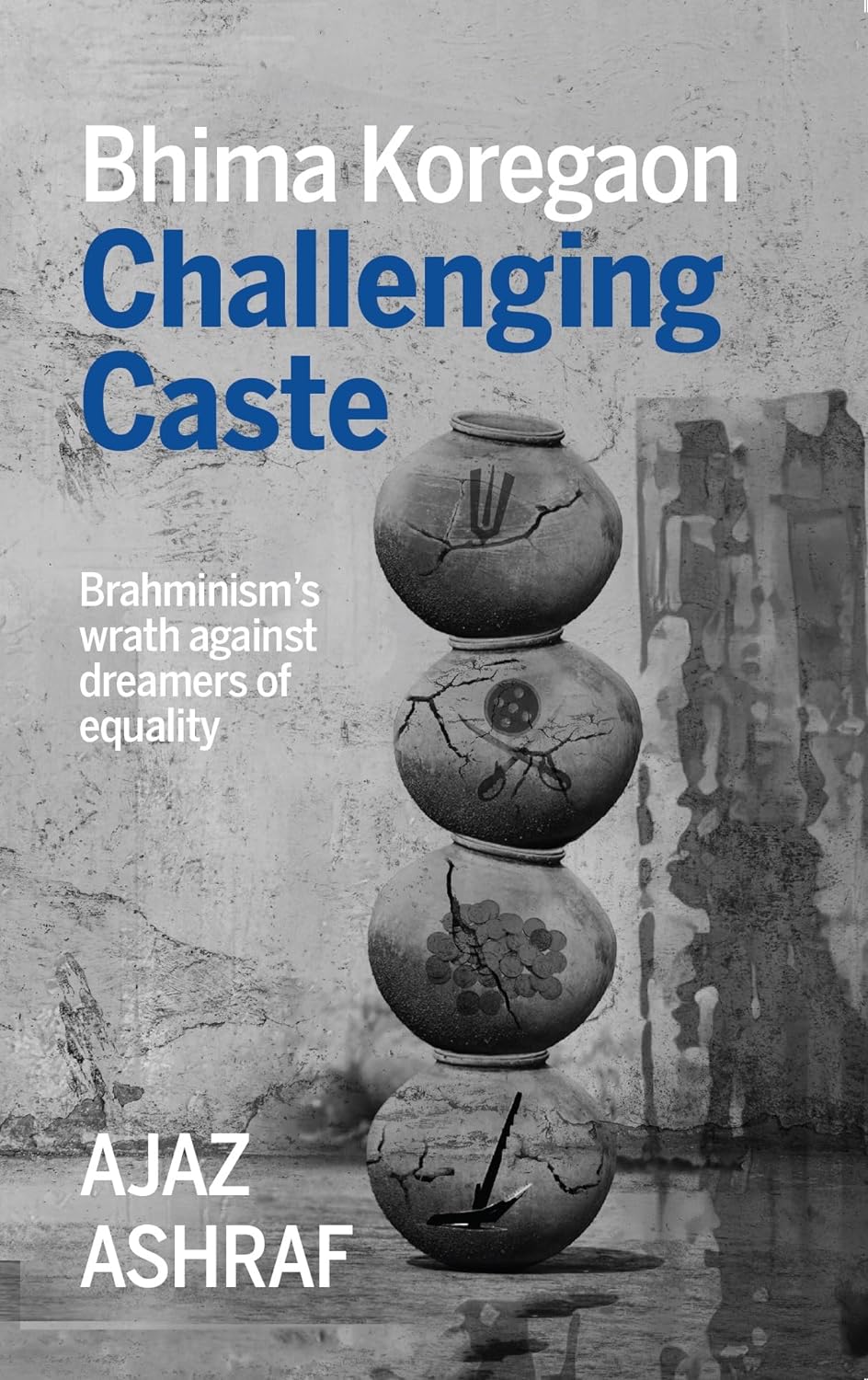The nexus between politics, big business and white-collar crime is present in myriad forms across the globe. In India, the corrupt coalition between those who have and those who wield authority — often present in the same person — is strengthened by other sections, which include bureaucrats and media personnel. If the conversations involving Niira Radia bear testimony to the role of a few influential journalists in perpetuating this nexus, what coalgate has revealed is how the cosy relationship between corporate captains and powerful politicians has contributed to much that is wrong with the country at present.
In more ways than one, Kumar Mangalam Birla and Prakash Chandra Parakh epitomised all that is supposed to be good about enlightened entrepreneurs and honest bureaucrats, respectively. Yet, ironically, both have become embroiled in independent India’s biggest scandal. It would be naive to believe that the CBI’s investigations into corrupt practices relating to the allotment of coal blocks, which are being monitored by the Supreme Court, indicate that no one is above the law. Nor should one presume that India’s ‘premier’ investigating agency has become autonomous of pressure groups from among ministers and industrialists.
Coalgate has created precedents. After the Comptroller & Auditor General presented its report on the opaque manner in which a crucial natural resource like coal was allotted to private companies, Prime Minister Manmohan Singh, by his own admission, “departed from established procedure” to issue a statement in Parliament on 27 August 2012 to explain his role as the minister in charge of the coal ministry and why his government took more than eight years to put in place a transparent system of public auctions of coal blocks after he had endorsed a suggestion to do so by Parakh, the then coal secretary. More recently, the Prime Minister’s Office had to respond to media reports on the CBI’s FIR to clarify that the PM was indeed the “competent authority” who vetted the former coal secretary’s decision to go back on his earlier recommendation to deny the allotment of a coal block to Birla’s company, Hindalco.
Coal meets India’s critical energy needs. It is responsible for more than half the total electricity used in the country. It is crucial for the manufacture of steel, cement and many other products. The May 2012 ‘White Paper on Black Money’ tabled in Parliament by the then finance minister Pranab Mukherjee talks about how allocation of rights over minerals and other natural resources is a major source of corruption and highlights the Vodafone case as an example of “misuse” of corporate structures — that are deliberately made complex and convoluted — to not just avoid but also evade payment of taxes. The government is today conducting “conciliation” talks with Vodafone, once again unprecedented in India’s tax history.
We have travelled a long way from the days before Independence when the ‘father of the nation’ shared a rather close relationship with many “nationalist” businessmen such as Ghyanshyam Das Birla (in whose house he was assassinated), Jamnalal Bajaj and Kasturbhai Lalbhai. Under Indira Gandhi, the Congress party would depend less on capitalists for “donations” and instead raise funds from government deals worked out by loyal bureaucrats or public sector bigwigs. During the days of the licence-control raj, quotas and permits were handed out to cronies who were willing to pay kickbacks. Dhirubhai Ambani was one entrepreneur who understood rather well the importance of “managing the environment”, a euphemism for keeping netas and babus happy. Coalgate has clearly shown that some things in India just haven’t changed.
The funding of India’s political parties remains secretive. It is about time the world’s largest democracy took a leaf out of the books of other countries and made its system of political donations far more transparent than it is at present. That would entail weakening the business-politics nexus, thereby striking at the root cause of corruption.


